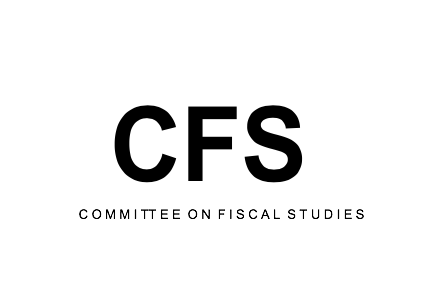
Dear Readers,
Finance is fragile if not responsibly administered, managed, accounted, and matched to development needs. Responsible financing is a reaction against poverty and a commitment towards socio-economic development. The theme that underpins this Issue looks into the role of finance in development. It starts by questioning the role of finance in sustaining social development. Dr. Tom Namwambah, Dr. Paul Ogendi, and Lyla Latif separately examine the impact of fiscal law and policy making on the development of the education and health sectors. The relationship of finance with these two sectors is shown to have been downplayed over the years to the effect that law while creating rights does not embed them on a sound fiscal plan for their targeted implementation. We are then left with instances of rights without financial backing. Arguably, these general conclusions made by the three authors who look at Kenya as their case study confirm the government’s position in the 1965 Sessional Paper that prioritised economic development over financing social rights.
Following this, in the second part of the 2020 Issue, lead authors Rachel Etter-Phoya, Mary Ongore, Joan Atim and Witness Nabalende direct their examination of the relationship of finance with the economy. Their perspectives differ. Rachel Etter-Phoya, Markus Meinzer and Shanna Lima consider the implications of tax avoidance and evasion practices by corporations that undermine the role of finance in development. Their claims reveal that secrecy jurisdictions promote financial fragility within the African continent. Mary Ongore and Bosire Nyamori both argue that finance is critical towards development but that this can be constrained through the creation of cross-border investment vehicles (CIVs). CIVs will prove useful to development needs where legal systems are able to capture wealth created and moved through CIVs. Taxation improves the confidence in the future of markets. Picking up on the future of markets, Joan Atim considers it from the perspective of tax reliefs, arguing that domestic tax policy and double tax agreements must not elicit ambiguous interpretation on the applicable tax reliefs. Witness Nabalende wraps this part by considering foreign direct investment and protection of foreign nationals as the key target market in discussing finance and development. The discussions made by these authors put forward the elements of a critical finance view of the economy, that is, they explain how finance and its architecture can aid or disturb the economy.
Not leaving digitalisation behind from discussions around the role of finance in development, three authors in the third part of the 2020 Issue reflect on how revenue authorities are responding to capturing finance through the digitalized economy. Simbarashe Hamudi reflects around tax reforms necessary to tap revenue out of the digitalized economy. Professor Honest Ngowi highlights the implications of the technologies driving the Fourth Industrial Revolution on the taxation profession. Ivan Mugabi reflects on how digital business models pose taxation challenges for the countries and recommends the need for more capacity building for revenue authorities. These authors collectively agree that the digital age is transforming everything, the nature of markets and products, how to produce, how to deliver and pay, the scale of capital to operate globally, and human capital requirements. It is also boosting productivity, exposing companies to new ideas, technologies, new management and business models, and creating new channels of market access and all of this at relatively low costs. The digital economy is key to finance sustainable development through increase in tax revenue collections.
Our student researchers at CFS have also contributed to this Issue with their insights on the key themes underpinning narratives around finance and development. Evelyne and Elvis revisit the constitutional case filed against the validity of the Double Taxation Agreement between Mauritius and Kenya giving their take on what they think the judges should have focused on. Finally, Afshin and Vallarie give a critical eye on the importance of access to information insofar as government loans are taken out by state owned enterprises. Clearly, the lack of transparency around SOE borrowing is an indicator of illicit financial flows - a panacea to development.
I now invite you to enjoy your reading. I take this chance to compliment the authors and our student contributors, thank our peer reviewers and our editorial advisory board. We are grateful to the University of Nairobi for hosting the journal.
Lyla Latif,
Managing Editor
August 2020


